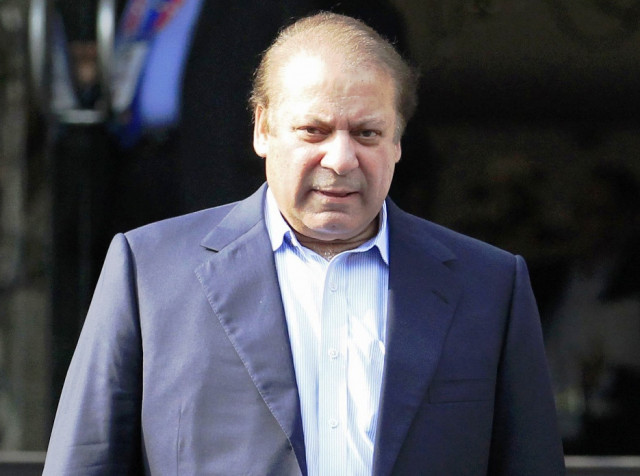Gas shortage: Dejected textile ministry seeks PM’s intervention
Officials state potential loss of $2b in exports if issues not addressed.

Amid indifference of the government’s agencies that resulted in the contraction of exports, the Ministry of Textile has sought the prime minister’s intervention to avoid a complete collapse of the sector that fetches more than half of the total export earnings.
The ministry approached the premier, requesting him to resolve issues like the provision of gas and release of funds that were committed under various incentive schemes, according to sources in the prime minister’s office. A delay in resolution of these issues, particularly gas supplies, could cause a potential loss of $2 billion in exports during this year alone, according to the textile ministry.
The potential loss is twice the amount that Pakistan is expected to receive in the fifth and sixth loan tranches from the International Monetary Fund (IMF) in December this year – which itself is subject to fulfilling all conditions.

The premier was requested to intervene only after the Ministry of Finance and the Ministry of Petroleum and Natural Resources refused to pay heed to the sector’s plight, according to officials.
Prime Minister Nawaz Sharif had constituted a cabinet committee over six months ago with a direction to resolve the issue of gas supply to the textile sector on a priority basis. However, the chairman of the cabinet committee, Finance Minister Ishaq Dar, did not convene even a single meeting of the body.
The textile ministry has given half a dozen reminders to the finance minister, requesting him to assemble the meeting, according to officials at the textile ministry. They added that after getting a discouraging response, the textile ministry pleaded the case to the Economic Coordination Committee (ECC) of the Cabinet. Instead of resolving the issue, the ECC asked the ministries to resolve the issue at their own level.
Up till now, the finance minister has not yet cleared the draft of the new textile policy for the years 2015-19, which was submitted to him this July. With the previous policy expiring in June, there is no current textile policy in effect.
It seems the government agencies are not working under one vision and despite claims of having an export-led growth model, the emphasis is on foreign aid-driven growth, according to officials.
The country’s total exports contracted over 10% from July through September this year despite Pakistan’s duty-free access to the European markets.
The officials told The Express Tribune that the textile ministry has requested Prime Minister Nawaz Sharif to direct the relevant ministries to give special consideration to the textile industry in the allocation of gas. The premier has been requested to place the textile sector above other manufacturing industries. The daily gas requirements of the textile sector are 450 mmcfd and currently only one-third of the total requirements are met.
The potential loss of market
The textile sector has been panicking ahead of the winter season – the period when the government usually suspends supplies to the industry. The government has to make a decision whether it wants to meet the requirements of a sector that brings 55% of the total exports earnings, said the officials.
In FY14, textile exports stood at $13.8 billion against total exports of slightly over $25 billion. Overall, in the last fiscal year, the textile exports grew 3.8% on the back of an 18.8% increase in exports to the EU. The country made $5.1 billion exports to the EU as against $4.2 billion made in 2012-13.
However, the trend has started reversing. “During first two months of the current fiscal year, textile exports contracted 5% as compared to previous year”, said the Ministry of Textile. The reduction was mainly in yarn, cloth categories and readymade garments.
Published in The Express Tribune, October 17th, 2014.
Like Business on Facebook, follow @TribuneBiz on Twitter to stay informed and join in the conversation.


1733130350-0/Untitled-design-(76)1733130350-0-208x130.webp)
















COMMENTS
Comments are moderated and generally will be posted if they are on-topic and not abusive.
For more information, please see our Comments FAQ